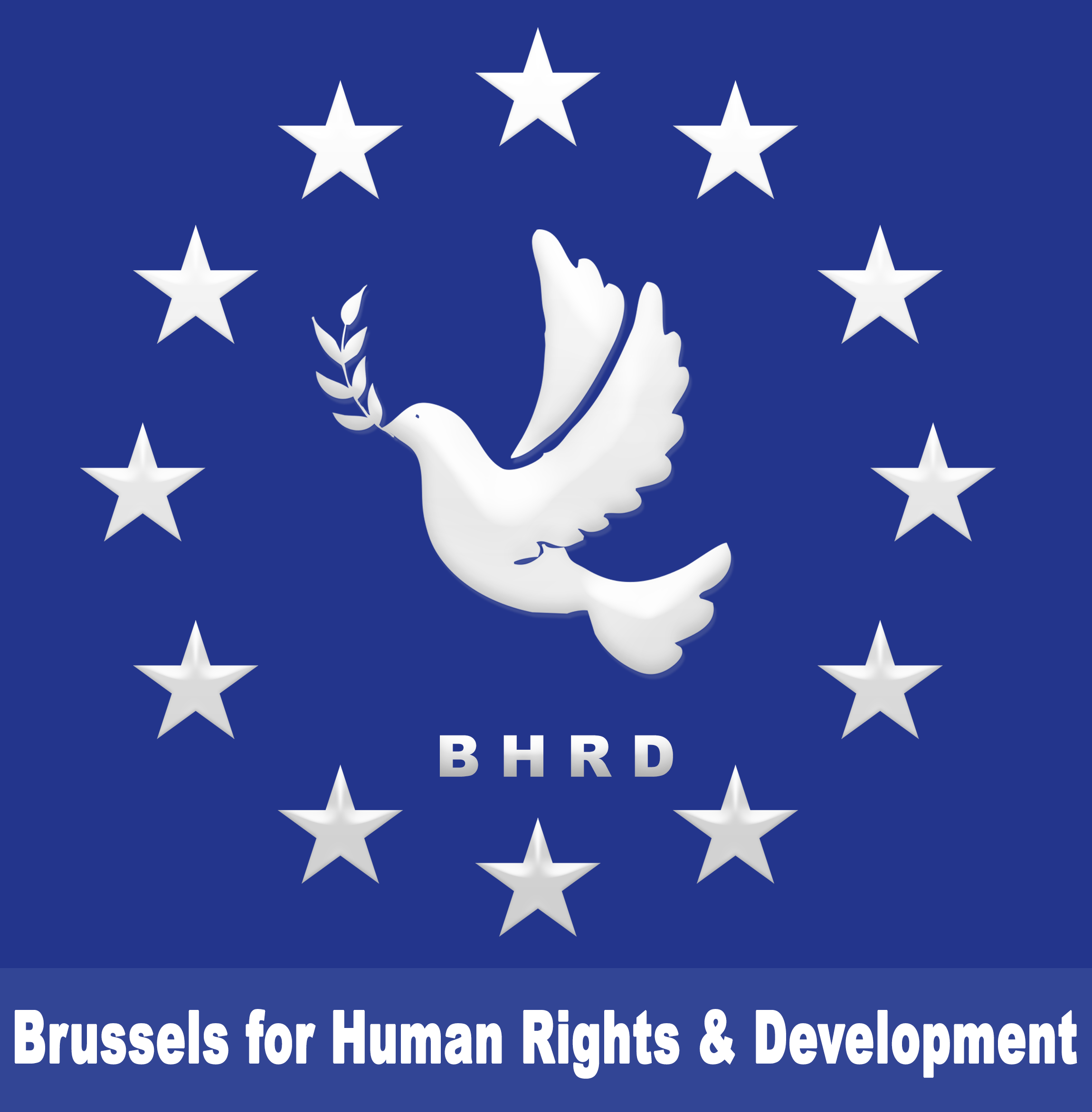Antigua and Barbuda, May 31, 2024
The Fourth International Conference on Small Island Developing States (SIDS4) concluded with a strong message of hope and optimism despite the significant challenges faced by these nations. Amina Mohammed, Deputy Secretary-General of the United Nations, emphasized the progress and future vision encapsulated in the Antigua and Barbuda Agenda (ABAS).
A Unified Vision for Resilient Prosperity
Over 4,000 participants, including more than 20 world leaders and senior ministers from over 100 nations, gathered at the American University of Antigua. The conference brought together a diverse array of stakeholders from the private sector, civil society, academia, and youth to address critical issues threatening the survival of the 39 SIDS in the face of climate change and other global shocks.
The ABAS outlines a ten-year plan aimed at achieving resilient prosperity. This plan focuses on sustainable development, ensuring access to food, energy, and water, and promoting health, productivity, and security. It also emphasizes protecting biodiversity and conserving ocean resources through strong climate action to mitigate temperature rise and sea level increases.

Financial and Structural Support
Key elements of the ABAS include calls for substantial new financing and the establishment of a debt sustainability support service. These measures are crucial to addressing the high-interest debt burdens that many SIDS face. The new Centre of Excellence for SIDS, based in Antigua and Barbuda, will play a pivotal role in fostering private sector engagement and generating innovative solutions.
A Collective Commitment
Ms. Mohammed highlighted the necessity of robust and effective partnerships to implement the ABAS successfully. She underscored the importance of monitoring and evaluation to maintain the credibility of multilateral efforts, particularly halfway through the Sustainable Development Goals (SDGs) timeline.
The UN, through its Resident Coordinators and Country Teams, will work closely with all partners to achieve the goals set out in the ABAS, supporting digital, green, and blue transformations.
Health and Human Capital
Health was a key focus on the final day, with discussions emphasizing the fragility of health systems in many small island states. Patrice Gumbs, Minister Plenipotentiary from Sint Maarten, stressed that investing in human capital, particularly in health, education, and youth empowerment, is vital for survival and growth. Innovative healthcare solutions such as tele-medicine and mobile health teams were highlighted as essential strategies.
Jose Ulisses Correia e Silva, Prime Minister of Cabo Verde, echoed these sentiments, advocating for investments in quality education, healthcare, and job creation for young people. Cindy McCain, Executive Director of the World Food Programme, reinforced that strengthening human capital is fundamental to sustainable development.
Looking Ahead
As the conference drew to a close, Prime Minister Gaston Browne of Antigua and Barbuda noted that while significant progress has been made, the real work is just beginning. He called for continued commitment to multistakeholder partnerships, innovation, and inclusivity to overcome the unique challenges faced by SIDS.
The SIDS4 conference marks the start of a new journey, guided by the ABAS towards resilient prosperity by 2030. The international community’s collective efforts and commitments will be crucial in turning this vision into reality.


 العربية
العربية